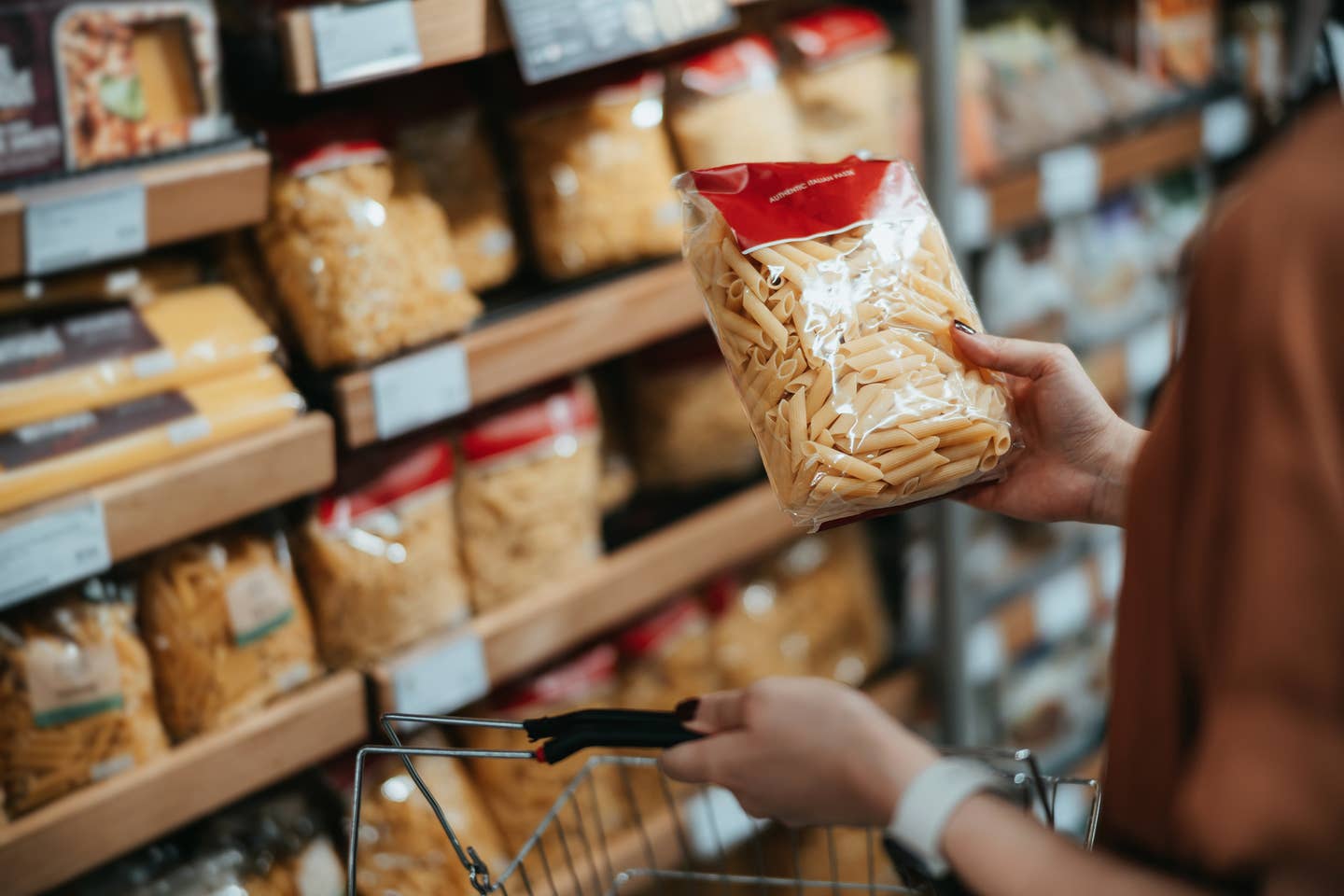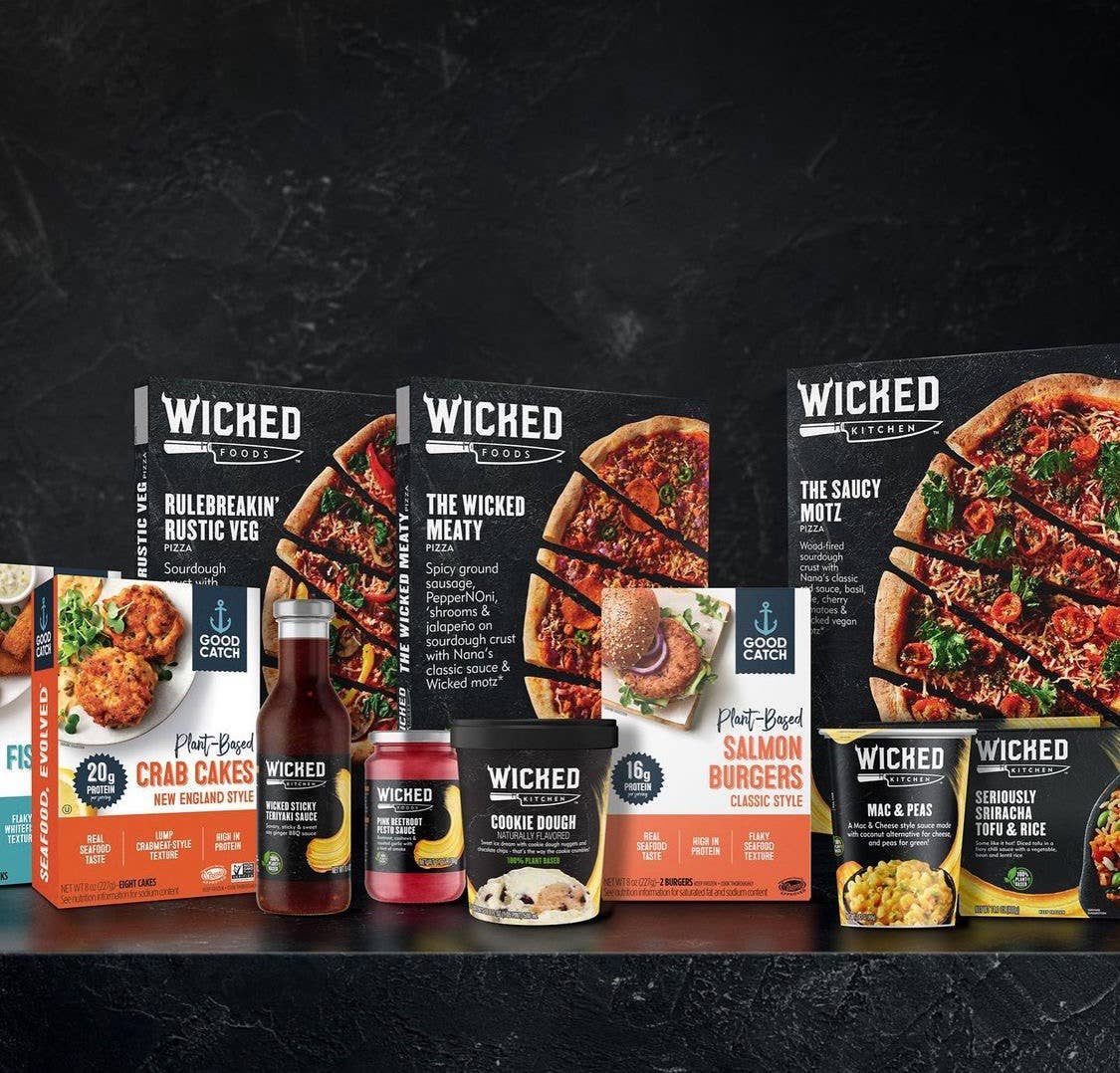
Pulp Culture Offers “Better-for-You” Booze With Their Hard-Pressed Juice
What if booze could actually be good for you? That’s the idea that co-founders Brendan Brazier and Mark McTavish are standing by with their recently launched venture Pulp Culture, a beverage brand providing wild fermented juice meant to boost your immune system while giving you a unique buzz.
We start the story with Brazier, a devout vegan, former endurance athlete, author of the Thrive book series, and co-founder of the Vega line of plant-based nutrition. He was never a big drinker, but he decided to cut alcohol out completely for 14 years because it was hindering his recovery during training—and leaving him feeling less sharp than he would’ve liked. Then, everything changed when he chanced upon a can of 101 Cider House at Whole Foods and saw that it was made from 100% apple juice.
Curious about how the drink didn’t have any sugar but still had probiotics, Brazier emailed the company and received a response from Mark McTavish, the creator of 101 Cider House (and now a vegan himself in part due to Brazier), about the fermentation process. Brazier ended up giving the sour cider a try and loved how he didn’t experience the expected side effects of dehydration or hangover. Eventually, Brazier and McTavish became friends and then business partners when they developed the idea for Pulp Culture.
Beneficial Bacteria
Like with 101 Cider House, the heart of the Pulp Culture beverage is the fermentation. The process begins by wild fermenting cold-pressed juice so that the naturally occurring yeast consumes the sugar and produces alcohol (no lab-created monocultures of yeast involved). Then, there’s a secondary wild fermentation where the lactic acid bacteria consumes the malic acid and any remaining carbohydrates, resulting in the production of probiotic cultures. After fermenting, the alcoholic juice is blended with adaptogenic teas, herbal infusions, and super mushrooms. The last step is carbonation to give the blended juice a fun fizz.
“We believe in a hands-off approach, wherein our cold-pressed juice is left to ferment and evolve spontaneously,” explains McTavish. “No added yeast, sugar, chemicals, preservatives, flavors, etc. The end result is a living beverage that contains a wide array of live cultures, nutrients, vitamins, and phytochemicals.”
Talking specifics, that end result has zero sugar, zero carbs, just 99 calories, and over 6 billion CFUs of probiotics per can (McTavish calls it a “gift to your gut”)—plus the drink is 4.9% ABV.
All-Natural Ingredients
There’s really nothing to hide when it comes to what’s in Pulp Culture’s formulas. In fact, the ingredients are the stars of the whole thing as evidenced by the company’s bold, clean labeling. For example, their Think blend, which is meant to boost brain power and energy, has guava, peach, ginseng, matcha, and lion’s mane—all five of which you’ll see displayed in big letters on the can.
“The foundation of our value proposition lies within the ingredients themselves, which I find to be self-explanatory. We don’t make any claims about the functional benefits of our products. We rely on commonly known functional ingredients, no different than one would find being used at their local juice bar,” McTavish says. “What you see is what you get, just as nature intended.”
Pulp Culture currently has three other function-first blends: Hustle to provide an uplifting buzz, Restore to cleanse, and Relax to provide a chill buzz.
McTavish says that the buzz their products deliver is “unmatched,” and they refer to it as the “entourage effect,” meaning the beverage’s various components work together to enhance the drinking experience.
When it comes to who exactly Pulp Culture is geared towards, the target is wide. “I think it will appeal to anyone who is looking for a better drink,” Brazier says. “Those who hold the food they eat to a very high standard and read ingredient lists, yet make acceptions for the alcohol they drink—that compromise doesn't have to happen anymore with Pulp Culture.”
McTavish expands on this idea when he says, “In the pursuit of health and happiness, consumers must incorporate ‘better for you’ decisions in all areas of their lives. I have always found it odd that many consumers are knowledgeable about the foods they consume, but they lack any real knowledge or understanding of the beverages they enjoy.”
Sure, there are bound to be people who find it hard to believe that an alcoholic beverage could really be healthy. Brazier understands since he used to be one of those people too. Now entrenched in the world of “full-spectrum” alcohol where naturally alcoholic beverages contain a complete range of outcomes from wild fermentation, he wants people to understand that alcohol is just one of the byproducts of fermentation along with organic acids, B vitamins, and probiotics.
No Hangover Here
Referring to those curious about Pulp Culture, Brazier says, “It’s not only not bad for them, but it’s also actually good for them—no hangover, no dehydration, it enhances digestion and therefore nutrient absorption.”
Due to COVID-19, Pulp Culture pivoted their April launch plan to be direct-to-consumer through their website. They’re currently offering free shipping to 37 states with the promo code “STAYSAFE”.
“People are drinking more than ever in this new at-home reality,” says Brazier. “Might as well make it the best option on the planet.”
More From The Beet






